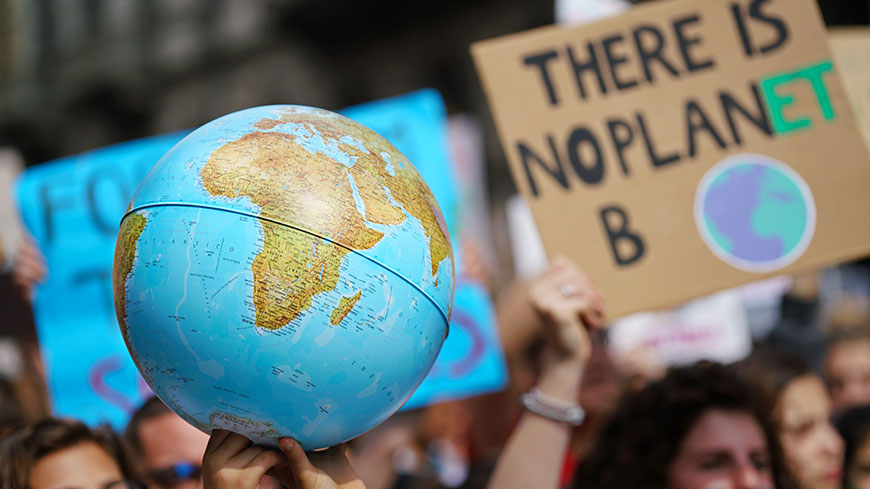
In a historic resolution, the UN declared access to a clean, healthy environment as a universal human right. Here’s all you need to know.
UN declares a new universal human right
The United Nations General Assembly adopted a new resolution affirming that every human has the right to access a clean, healthy, and sustainable environment.
It also recognizes that the impact of climate change, the unsustainable management and use of natural resources, air pollution, land, and water, the unsound management of chemicals and waste, and the resulting loss in biodiversity interfere with the enjoyment of this right – and that environmental damage has negative implications, both direct and indirect, for the effective enjoyment of all human rights.
The final vote tally was 161 in favor of the resolution, with eight countries abstaining from the vote: China, the Russian Federation, Belarus, Cambodia, Iran, Syria, Kyrgyzstan, and Ethiopia.
The resolution adopted on July 28 also sheds light on rights connected to the environment’s health.
“The resolution will help to reduce environmental injustices and protection gaps. It can empower people, especially those in vulnerable situations, including environmental human rights defenders, children, youth, women, and indigenous people”, stated António Guterres. Guterres is the UN Secretary-General.
The universal human right also demonstrates the effort of member states and their uniting to fight against the triple threat of pollution, climate change, and loss of biodiversity.
These together account for nine million deaths every year, according to the experts.

“Every person, everywhere, has the right to eat, breathe and drink without poisoning their bodies,” stated Michelle Bachelet. Bachelet is the UN High Commissioner for Human Rights. “This right was not included in the Universal Declaration of Human Rights, 1948. So, this is a historic resolution that will change the very nature of international human rights law,” said David Boyd. Boyd is the UN’s special rapporteur on Human Rights and Environment.
More on the new resolution
About 50 years ago, the UN Conference on Environment in Stockholm ended with nations resolving and placing environmental issues at the global forefront. Currently, over 176 nations have adopted the framework. “From a foothold in the 1972 Stockholm Declaration, these rights have been integrated into constitutions, national laws, and regional agreements. In October 2021, it was recognized by the UN Human Rights Council. Today’s decision elevates the right to where it belongs: Universal recognition,” explained Inger Andersen. Anderson is the executive director of the UN’s Environmental Programme. Later, the 2010 UN General Assembly (UNGA) added the right to water and sanitation as a resolution.
While the UN declarations are not legally binding, they are aimed at encouraging nations to incorporate them. Only treaties and conventions state nations are undertaking obligations for such rights. Over 160 nations adopted the new universal human right while Iran and Russia abstained from voting. Additionally, the terms ‘clean’, ‘healthy’, and ‘sustainable’ mentioned in the declarations lack definitions agreed upon universally. However, as per the UN, this gives “more power in the hands of environmental activists to question environmentally destructive actions and policies”.


